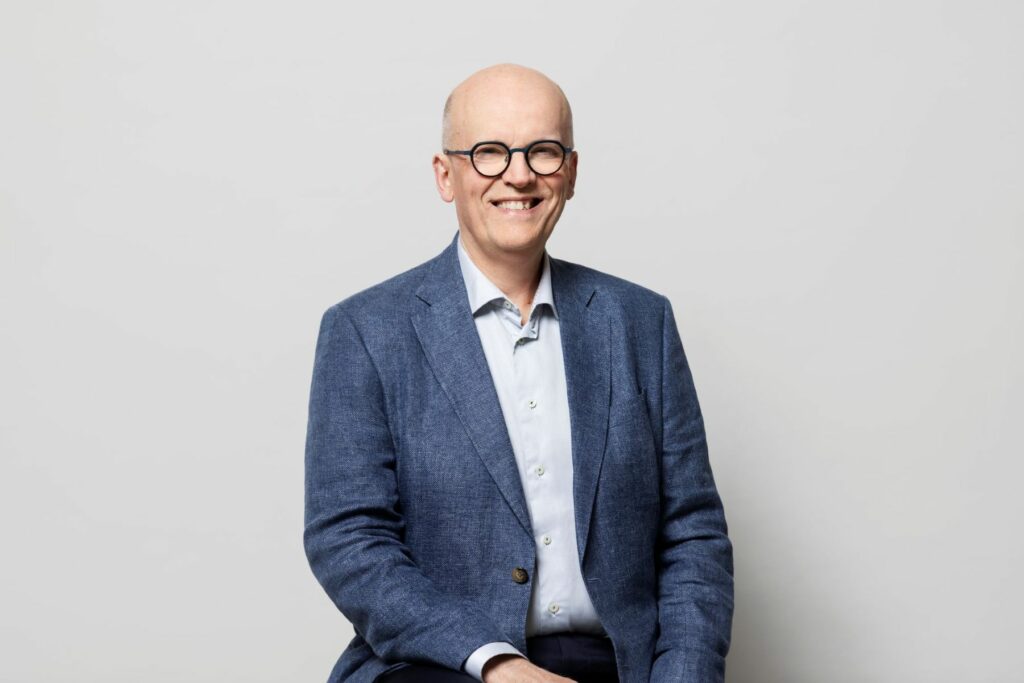Insider Brief
- Sites in six countries will host the first European quantum computers: Czechia, Germany, Spain, France, Italy and Poland.
- The total planned investment is over €100 million. The quantum computers will be integrated into existing supercomputers, and will form a wide network across Europe.
- The computers are expected to work on efficient development of new medicines, solving complex logistic and scheduling problems and the development and testing in a virtual environment of new materials like polymers, to name a few.
PRESS RELEASE — The European High-Performance Computing Joint Undertaking (EuroHPC JU) has announced the selection of six sites that will host the first European quantum computers: in Czechia, Germany, Spain, France, Italy and Poland. They will be integrated on site into existing supercomputers, and will form a wide network across Europe. The total planned investment is over €100 million, half of which comes from the EU and the other half from the 17 countries participating in the EuroHPC JU. Academic researchers and the industry, no matter where in Europe they are located, will be able to access these six quantum computers based on state-of-the-art European technology.
The new quantum computers will also address the growing demand for quantum computing resources and potential new services from the European industry and academia. They will be capable of solving complex problems relating to areas such as health, climate-change, logistics, or energy usage in a matter of hours, rather than the current months and years needed by today’s systems, all while consuming far less energy.
Margrethe Vestager, Executive-Vice President for a Europe Fit for the Digital Age, said:“This is an example of a European project par excellence. With pooled resources and know-how we can take leadership in a field that is essential for the future of our digital society. This contributes to our fight against climate change. And it is an essential step of the vision of deploying in Europe a world-class supercomputing and quantum computing infrastructure accessible across the EU.”

The new quantum computers are expected to be available at the above six sites by the second half of 2023. They will support a wide range of applications with industrial, scientific and societal relevance for Europe:
- Much faster and efficient development of new medicines, with the creation of a ‘digital twin’ of a human body upon which, for example, to conduct virtual drug trials.
- Solving complex logistic and scheduling problems to help companies save time and fuel.
- The development and testing in a virtual environment of new materials like polymers for aeroplanes, catalytic converters for cars, solar cells, or room-temperature superconductors that could store energy indefinitely.
These new quantum computers are a step towards helping us reach our Digital Decade goals of having our first computer with quantum acceleration by 2025, as well as being on the cutting edge of quantum capabilities by 2030.
This is a purely European initiative: these machines will consist entirely of European hardware and software, leveraging European technology developed under EU-funded quantum initiatives, national research programmes, and private investments.
Keep updated on the industry by checking out recent quantum computing news.
Next Steps
Today’s announcement is part of a bigger effort where the EU is working on the integration of European quantum computers and simulators as accelerators to its supercomputing infrastructure. More quantum computers will be procured in the future. To further develop quantum computing, and more specifically quantum software, the Commission is planning to establish Centres of Excellence for Science and Industry focusing on both academic and industrial use cases for quantum computers and simulators. These centres, aimed at everyone from industry, academia, and the wider quantum technology user community, will be a reference for academic and industrial quantum applications, providing services, support and libraries to organisations in Europe in a similar way to the current High-Performance Computing Centres of Excellence.
Background
The 17 EuroHPC JU participating countries in this quantum initiative are: Belgium, Czechia, Denmark, Germany, Ireland, Spain, France, Italy, Latvia, the Netherlands, Poland, Portugal, Romania, Slovenia, Finland, Sweden, and Norway.
European High-Performance Computing Joint Undertaking
The European High-Performance Computing Joint Undertaking (EuroHPC JU) is a legal and funding entity created in 2018 to enable the EU and EuroHPC participating countries to coordinate their efforts and pool their resources with the objective of making Europe a world leader in supercomputing. In July 2021, the Council adopted the EuroHPC JU Regulation, bringing a further investment of €7 billion.
EuroHPC JU has already funded the High-Performance Computer and Quantum Simulator hybrid project (HPCQS), which began at the end of 2021. The project aims to integrate two quantum simulators, each controlling about 100+ quantum bits (qubits), in two already existing supercomputers:
- The supercomputer Joliot Curie of GENCI, the French national supercomputing organisation, located in France;
- The JUWELS supercomputer of the Jülich Supercomputing Centre, located in Germany.
In doing so, HPCQS will become an incubator for quantum-supercomputing hybrid computing that is unique in the world.
Quantum Technologies Flagship
In 2016, European quantum stakeholders published the Quantum Manifesto, and this led in 2018 to the launch of the EU-funded, 10-year, €1 billion, collaborative research and innovation initiative: the Quantum Technologies Flagship.
The next phase of the Quantum Flagship (funded under Horizon Europe) is starting. It will consolidate and expand European research leadership in quantum technologies and bring research results closer to industrial exploitation. Quantum Flagship projects create and develop technologies for downstream activities, like the deployment of quantum computers and simulators in EuroHPC or the deployment of a quantum key distribution (QKD) infrastructure in the European quantum communication infrastructure (EuroQCI) initiative.
For more market insights, check out our latest quantum computing news here.














